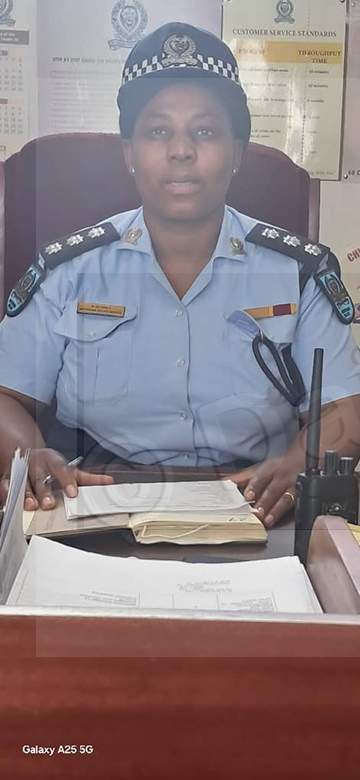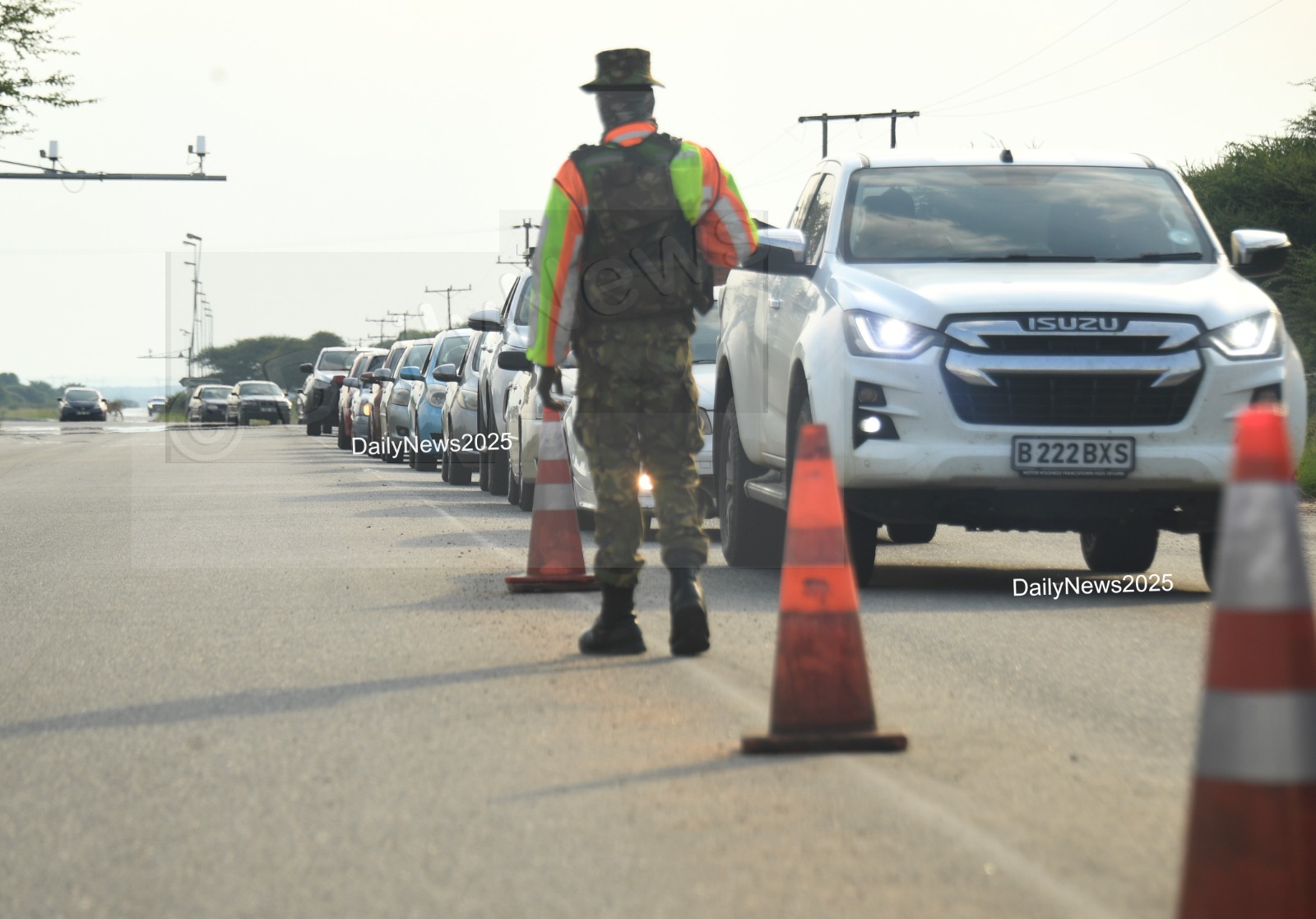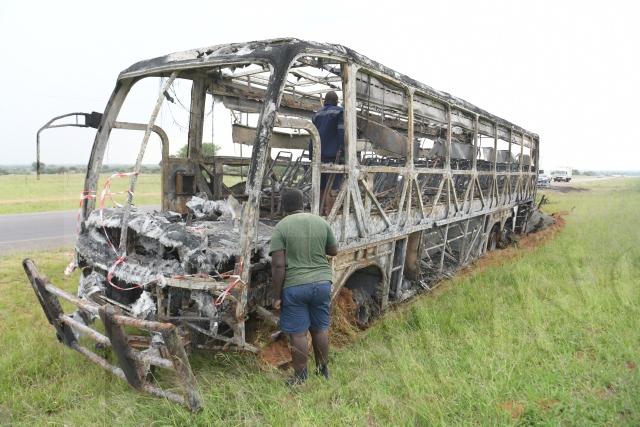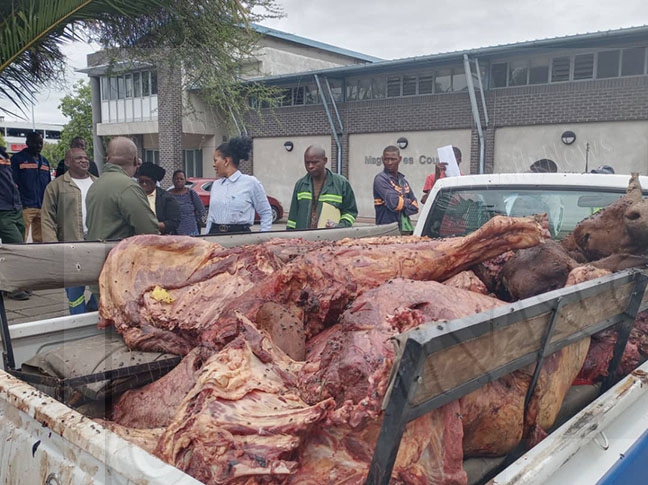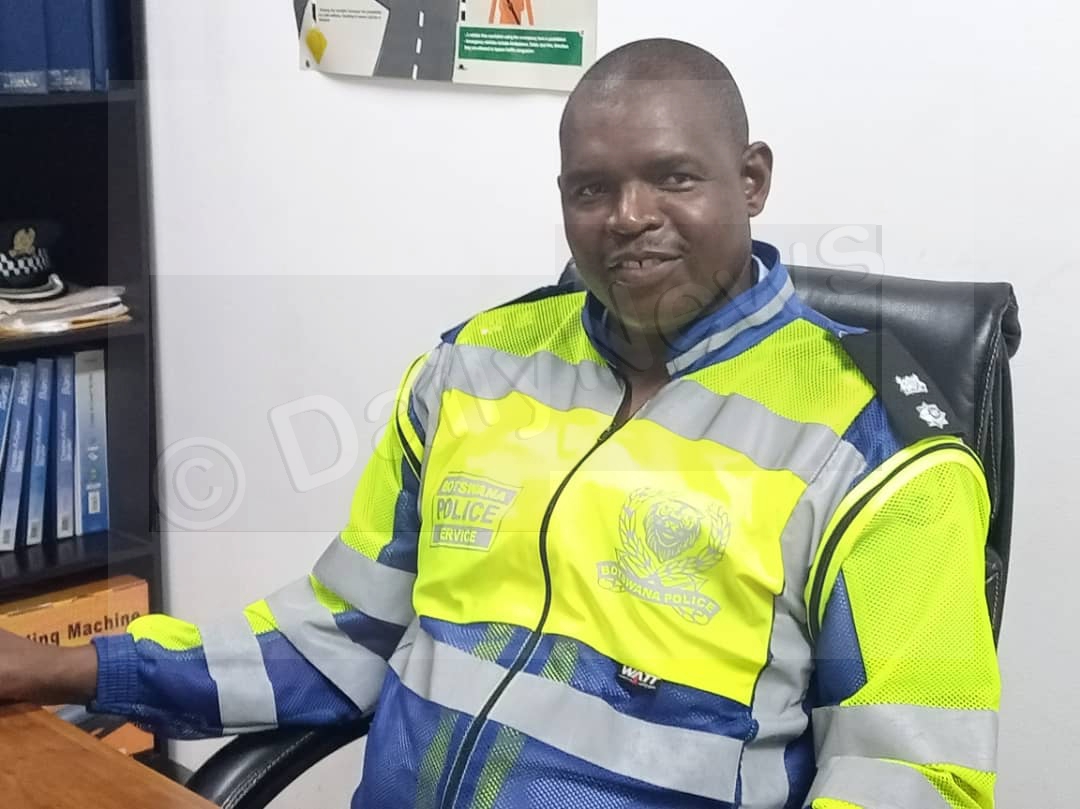Special forces allowance appeal ruling April 29
20 Apr 2022
The Court of Appeal (CoA) will on April 29 make a determination on whether all members of the special forces, or only those who possess a counter terrorism qualification and are assigned to undertake and perform special forces duties to the required standards, are entitled to a special forces allowance.
This follows an appeal by the Botswana Defence Force (BDF), of a High Court ruling in an application by 13 members of the BDF under the Ceremonial and Guard Unit (CGU).
Their attorney, Mr Busang Manewe recently pleaded with CoA to uphold the stance of the High Court that his clients qualified for special forces allowance.
The 13 respondents are: Selekanyo Gobusamang, Mmoniemang Moseki, Bokang Rakodu, Mookami Sebalamarite, Kabelo Donald Molebatsi, Obert Motlogelwa Matlhape, Moagi Keatlholetswe, Tiroyaone Ntoko, Robert Mogwadi, Mapedza Marc Waniwa, Lazarus Lemogang, Omphemetse Mogotsi, Modiredi Mmoloki and Kabelo Simane
Mr Manewe maintained that the lower court arrived at an informed decision in its determination that the respondents were members of the Special Forces Unit of the BDF and therefore were entitled to the special forces allowance.
The appellants, the Attorney General and Lieutenant-General Placid Segokgo appealed the respondents’ victory at the High Court, regarding their exclusion from receiving the special forces allowance since 2012.
Responding to the appellants’ grounds of appeal, Mr Manewe submitted that the respondents were duly trained and qualified as special forces within the BDF and they had all undergone special forces course at BDF and were issued with certificates to that effect.
Furthermore, he submitted that both the Commando Unit and CGU underwent the same special forces training and were issued with the same qualification for special forces by the BDF.
He said the certification did not distinguish between the CGU and the Commando Unit, as their training was synchronised.
Mr Manewe said there was therefore, no doubt that by training and qualification, the respondents were members of the BDF special forces, further arguing that the appellants would be prohibited from contending that the respondents were not trained and qualified as special forces.
“It is the BDF, which trained and issued them with an appropriate certification, that they had indeed passed special forces training,” he stressed.
In addition, Mr Manewe submitted that determining that holding an additional qualification of counter terrorism was a prerequisite that qualified one to earn the special forces allowance, therefore disqualifying his clients, was not solid enough.
He further emphasised that contrary to the position of the appellants, the CGU and the Commando Unit were both still under the command of the Directorate of Special Operations (DSO). As such, he wondered why the CGU remained part of the DSO if they were not special forces.
He said there was nothing material that changed in terms of deployment post 2012, when CGU and Commando Squadron were separated.
“It was just cosmetic changes in names and nothing substantive,” he maintained.
The respondents, represented by a team of Advocate Virgil Vergeer, Judge Advocate Thapelo Tafa and Judge Advocate Keitumetse Lerothodi, argued that the CGU was established in 1988 and was to be trained to Special Forces standards in tactics, a standard that was near to that of Commando Squadron.
Advocate Vergeer said they were to be airborne and carry out some operational duties.
He said the CGU mandate was to carry out State House guard, ceremonial parades, presidential escorts and VIP security, adding that it was clear from the onset that the Commando Squadron training was superior.
He said CGU were not trained to the exactitude of Commando Squadron or to the full special forces standards.
Additionally, Advocate Vergeer said the CGU and Commando Squadron were separated in 2012, with the former falling under the defence headquarters, while the latter was merged with the Special Forces Group Headquarters to become Special Forces Regiment.
In light of the development, he said, whatever the CGU was classified as or considered to be prior to 2012, it was clear that post 2012 as per its mandate, its roles and functions were not part of the special forces.
“Any Special Forces allowances payable to members of the CGU would accordingly only be payable for the period of 2004 to 2012 when CGU was part of, or considered to be Special Forces,” said Advocate Vergeer.
He said possessing a Botswana Special Forces Qualification Course (BSFQC) was insufficient as possession of counter terrorism qualification was a prerequisite to draw a special forces allowance.
He said the duties of the CGU, which included State House guard, ceremonial parades, presidential escorts and VIP security, were not considered special forces duties.
He said the lower court erred or misdirected itself in identifying and classifying the respondents as special forces and therefore entitled to all benefits that came with that classification.
Advocate Vergeer appealed to the Court of Appeal to direct the misdirection of the lower court on the basis that the respondents were not members of the special forces since they did not possess the counter terrorism qualification and that they did not perform the duties of special forces and therefore ultimately not qualifying to earn the allowance in question.
He said thus, the judgement if the lower court that the respondents were entitled to the special forces allowance must be set aside.ENDS
Source : BOPA
Author : Moshe Galeragwe
Location : GABORONE
Event : court
Date : 20 Apr 2022


